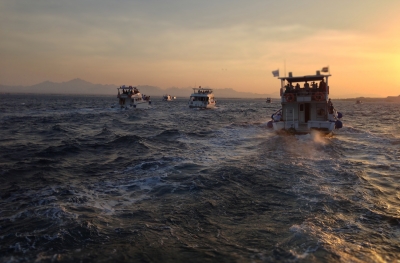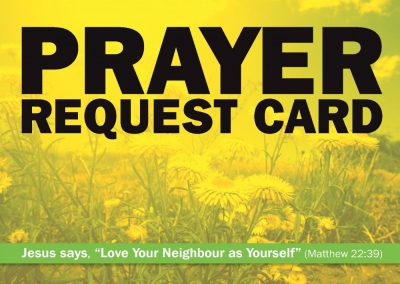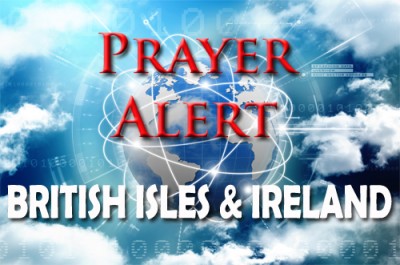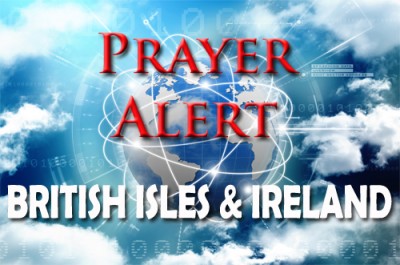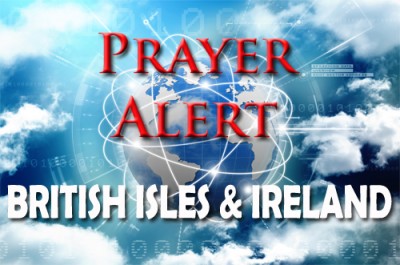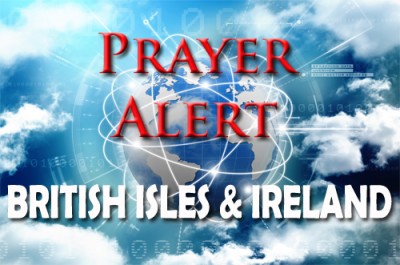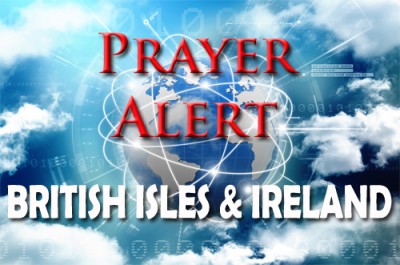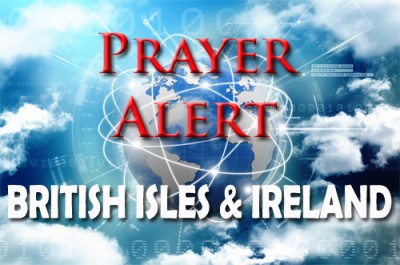Week of Prayer for Refugee Crisis
07 Sep 2015The Refugee Crisis: "We don't know the answer but we know we have to pray"
Brian Heasley - 3 Sep 2015
JOIN WITH US & OTHERS ALL OVER THE WORLD IN A WEEK OF PRAYER FOR THE REFUGEE CRISIS
This week 24-7 Prayer are asking you to sign up and pray in hour slots, wherever you are in the world, for the Mediterranean Refugee Crisis. The week will run from midday on Monday September 7th until midday on the 14th.
Join a global community longing for justice: sign up online, take an hour out your week and pray for those in need.
SIGN UP FOR A 1 HOUR PRAYER SLOT HERE
Praying into a crisis like this can feel overwhelming, the issues too innumerable to bring to God. But we cant let that paralyse us and we can't let it silence our prayers.
Instead, join with us - as we bring our humble, whispered, inarticulate words to God, trusting that he is listening.
And if we want to pray into specifics, lets get informed in how. If you want to learn more, you can read up on the crisis below - and below that, if you're looking for guidance in prayer, there's help with that too.
For more information visit the 24-7 Prayer website.
Prayer Request Card
07 Sep 2015Neighbourhood Prayer Network have produced these simple card's that will help you reach out to your neighbours.
The card is designed to offer your neighbours the opportunity to submit a prayer request to your church, small group or House of Prayer.
We've got 100,000 to distribute, and this product is likely to be very popular, so please don't delay in your ordering.
Order them from the Neighbourhood Prayer Network website.
Pray for our universities
27 Aug 2015Some disturbing facts about our universities: *100 extremists a year lecture at UK universities: *fanatics are given a platform to spread hatred of the West despite ministers demanding crackdown on radicalism; *last year, there were 123 speeches by extremists at leading universities; *more than twenty university students were convicted of terrorism last year, and the University which has had the most extremists is Queen Mary, in east London. Universities should be the best place to challenge extremist ideas, yet this is not happening. Extremism on university campuses is a very serious issue. Researchers carried out an exhaustive survey of social media and university websites and other literature to log speaking events. Evidence shows the speakers expressing views such as claiming that there is ‘a Western war against Islam’. They support individuals convicted of terrorism offences, and express intolerance or opposition to non-believers. Hardliners also oppose democracy and speak in favour of sharia law.
Vulnerable people not being supported by police
27 Aug 2015Up to a quarter of a million vulnerable people are not being supported by an ‘appropriate adult’ while in police custody, a Home Office report suggests. It said lack of awareness and a shortage of trainees meant that police often ended up questioning adults with mental illness or learning disabilities without one. Appropriate adults are trained volunteers who help with communication during police interviews. They are supposed to ensure that mentally vulnerable people who are arrested or questioned understand what is happening, and that their legal rights and welfare are safeguarded. They were introduced in the 1980s following miscarriages of justice involving vulnerable people. Local authorities are required to provide appropriate adults whenever children are in contact with police and there is no parent or guardian present, but there is no duty to do the same in respect of vulnerable adults, many of whom only have the comprehension of a child.
Cleaning athletics from drugs
27 Aug 2015Last week Sebastian Coe was elected as president of the world governing body for athletics. This week Usain Bolt’s victory over twice banned drug offender Justin Gatlin delighted many who still appear not to trust athletes with regards to cheating. Bolt is a worthy champion and so is Jessica Ennis-Hill, winning the gold medal in the women’s heptathlon just 13 months after giving birth. Not everyone has the endurance, perseverance, ability and training to compete in any kind of athletics competition, never mind a world championship. Now that Lord Coe heads the IAAF he will look to the International Olympic Committee which is the only agency with both the funds and the vested interest to operate an effective drugs-detection programme . However, if the IOC is unwilling to exclude rogue nations from membership, no amount of testing will make much difference. Historically international governing bodies don’t cast off member nations, regardless of the depths of their offences. Witness state-supported athletes, Nazi repression of Jewish sportsmen, and twenty years of communist-bloc drug-programmes. All passed without a whimper.
In a day of remarkable evidence before the royal commission into institutional responses to child sexual abuse, Bishop Geoffrey Robinson offered damning assessments of the most senior Catholic clerics on the planet. Pope John Paul II ‘handled the abuse poorly’. Cardinal George Pell was a ‘most ineffectual bishop’ and ‘the majority of the priests wished he’d get transferred somewhere else.’ Even Pope Francis is not providing ‘real leadership’. But his most chilling and telling statement about the Catholic church was the one he made about the church hierarchy’s response to revelations about child sexual abuse: ‘What we got was silence, so bishops were loyal to the silence.’ It speaks of the extent to which the church hierarchy exercises control – and enforces silence – through a combination of rigid orthodoxy, secretive practices, intimidation, and threat of exclusion or excommunication. Even many Catholics may not be aware of how the church leadership manages the institution, as most of us in the pews interact only with our local parish priest.
Assisted suicide becomes ‘routine’ if legalised
27 Aug 2015A new review of a wide range of evidence on assisted suicide has been released ahead of a debate at Westminster when MPs will consider Rob Marris’s Bill on legalising assisted suicide on 11 September. This review has revealed that the practice becomes more widespread and more routine in places where the law has been changed. Produced by the Anscombe Bioethics Centre, the review links directly to official data from the Netherlands, Belgium, Luxembourg, Switzerland, Oregon and Washington, as well as UK parliamentary reports and journal research. It says there are ‘common patterns’ emerging from places where assisted suicide has been legalised. In every jurisdiction numbers have increased over time and continue to do so; there has also been a shift from permitting assisted suicide for cancer victims to include other diseases. In Europe, this includes psychiatric conditions and problems related to old age, which are non-terminal. For helpful prayers into this subject, go to http://www.care.org.uk/our-causes/sanctity-life/assisted-suicide-euthanasia/what-you-can-do
A survey of nearly 64,000 people across the world finds Britain has one of the lowest numbers of people who declare themselves to be religious. Two-thirds of the population describe themselves as atheist or ‘not religious’. Only 30% of Britons interviewed by pollsters said they would describe themselves as religious, regardless of whether they attended a place of worship, compared with 53% who said they were ‘not religious’ and 13% who said they were a ‘convinced atheist’. The remainder were ‘don’t knows’. The study appeared to show that Christianity is on course to be a minority religion in the UK. Globally people aged under 34 tended to be more religious and the number of Muslim children in Britain doubled in a decade. The proportion of Muslims in Britain is predicted to be 11.3 per cent, or one in nine of the total population, by 2050. See also The Mill Gathering Statement at:
http://www.worldprayer.org.uk/news-wpc/itemlist/search?searchword=the+mill+gathering&categories=
